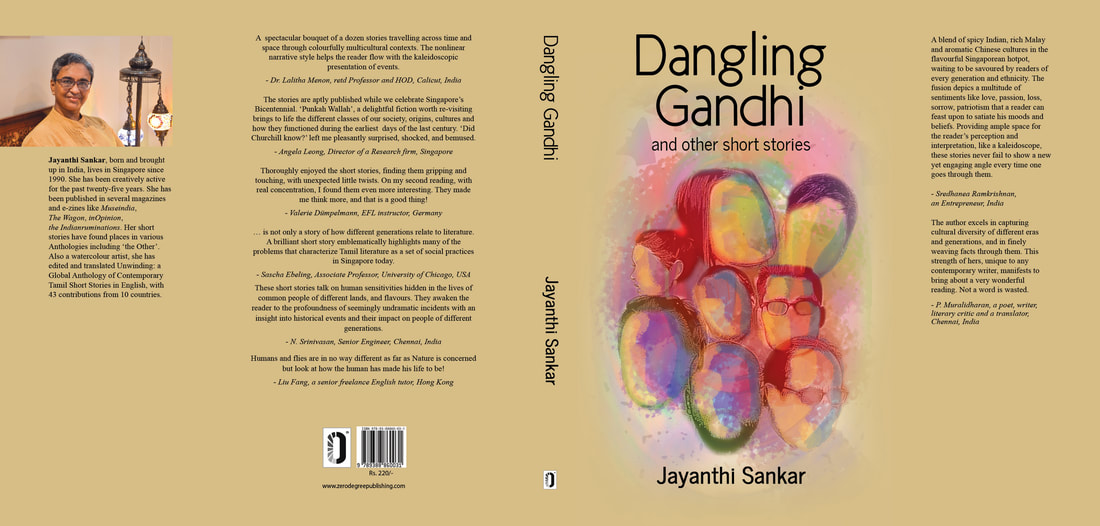Title: Dangling Gandhi Author: Jayanthi Sankar Genre: (Literary) fiction/short stories Published by: Zero Degree publishing, Chennai, India Year: 2019 / ISBN: 978-93-88860-03-12 Pages: 154 Price: Rs.220 Sredhanea Ramkrishnan in a dialogue with the Author Jayanthi Sankar |
ISSN 2369-8446
To bring joy to readers everywhere. Archives
June 2023
Categories
All
http://roxananastase.weebly.com/
|





